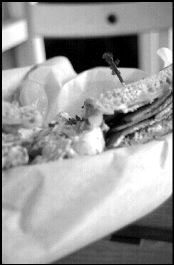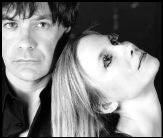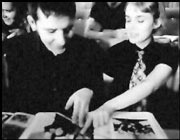BRILLIANT ORANGE: THE NEUROTIC GENIUS OF DUTCH SOCCER by David Winner (Overlook Press, $26.95)
HOW DID the Dutch squad of 1974—helmed by the prodigiously gifted Johann Cruyff and Piet Kriezer—not win the World Cup? And what explains their stunning lack of success in European tournaments despite the fact that over the course of the last four decades they’ve routinely had the most talented players? Should anyone but the Dutch themselves and a handful of soccer obsessives care in the least? Absolutely.
The genius of David Winner’s quest for the answers to these questions is that he doesn’t linger in any of the familiar places; Brilliant Orange, in fact, is barely even a sports book at all. Rather, it’s about national character and the curious ways that character can manifest itself. In the case of the Netherlands, Winner suggests that the country’s flat and crowded landscape has engendered in its inhabitants a unique relation to space—the Dutch are practiced, he argues, in combining skill and aesthetics in confined places. With that hypothesis in tow, Orange‘s focus gracefully hops from soccer to architecture, to anarchist politics, to ballet, to the art of Vermeer and Mondrian, and back to soccer again.
Not everyone Winner interviews buys his ideas, but one certainty does persist: The Dutch—masters of precision passing and fluid attack formations—play a brand of soccer that abounds in complexity and is usually achingly beautiful to watch. The price of that beauty, sadly, is often failure (the Dutch, in one of their most notable flops to date, failed to even qualify for the World Cup this summer). Current Dutch stalwart Dennis Bergkamp perhaps best captures the national proclivity for style over supremacy when he admits, “I suppose I’m just not that interested in scoring ugly goals.”
Paul Fontana pfontana@seattleweekly.com








